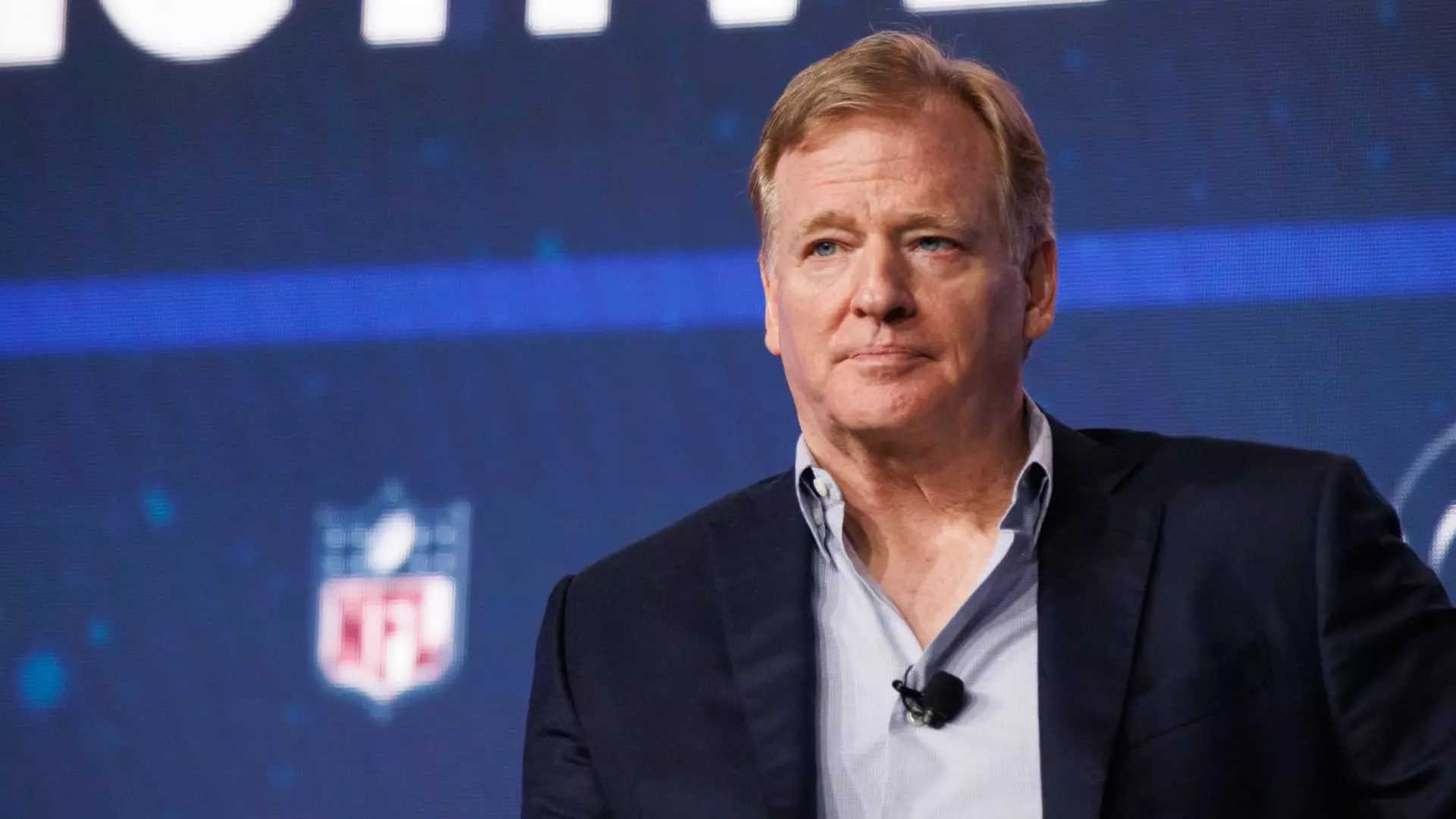In a recent exclusive interview with CNBC, Commissioner Roger Goodell revealed the National Football League’s consideration of allowing minority private equity ownership for its 32 teams, up to a maximum of 10%. This proposed change comes as the NFL aims to evolve its policies to align with the changing landscape of sports.
Private equity firms have shown significant interest in investing in NFL teams, as evidenced by recent high-profile acquisitions such as the Washington Commanders, purchased for a record $6.05 billion. With rising franchise valuations and the challenge for individuals to afford team ownership, private equity presents a potential solution to broaden ownership opportunities. However, it raises questions about the implications of minority stakes and the influence of private equity incentives on ownership decisions.
While other major U.S. sports leagues like the NBA, MLB, NHL, and MLS allow private equity ownership of up to 30%, the NFL has historically been reluctant to accept institutional funds. The league has preferred individual or family ownership over financial institutions. However, with the changing financial landscape and the need for significant capital investments, the NFL is reevaluating its ownership policies.
Potential Challenges and Limitations
Private equity ownership in sports leagues may come with constraints, particularly in terms of decision-making power and control over the team. Minority stakeholders often have limited involvement in key decisions, which may deter potential investors. The prospect of being a passive investor with little influence on team operations could discourage individuals accustomed to being more hands-on in their investments.
Private Equity Firms as Minority Owners
Private equity firms, driven by the goal of generating returns on their investments, bring a different perspective to sports team ownership. Their focus on financial performance and strategic decisions may offer a fresh approach to managing NFL teams. However, balancing the financial interests of private equity investors with the long-term goals and values of the league could present challenges in maintaining the integrity of the sport.
As the NFL explores the possibility of allowing minority private equity ownership in its teams, it faces a transformative decision that could reshape the landscape of sports ownership. Balancing financial considerations, ownership dynamics, and the overall integrity of the league will be crucial in determining the path forward. The potential for private equity involvement opens up new avenues for investment and growth, but it also raises important questions about maintaining the core values and traditions of the National Football League.

